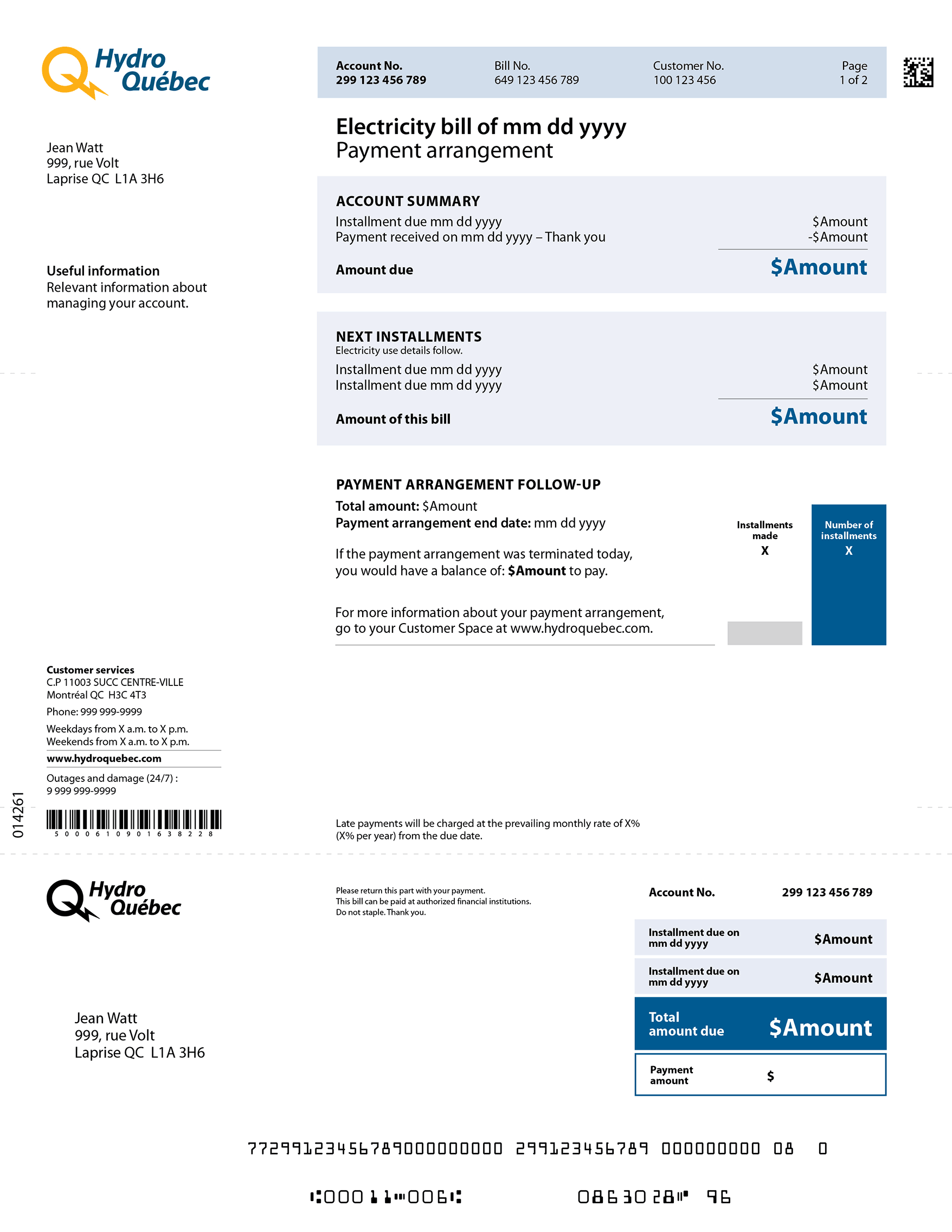
You also need to consider your loan payoff time, as there are pros and cons of longer repayment terms. The average closing costs can be substantial, especially on a mortgage. When you refinance, you need to pay attention to any upfront fees or closing costs you have to pay. If you refinance to a new four-year personal loan at an interest rate of 5.5%, you'd save about $26 per month over the life of the loan and reduce total interest paid by close to $1,250 - without changing the time it takes to become debt free. Say, for example, you borrowed $10,000 a year ago using a five-year personal loan at a 12% interest rate. Or you could pay it off with a personal loan or other type of debt consolidation loan. You can even refinance credit card debt by using a balance transfer card with a 0% promotional offer. Interest rates are low right now, presenting a prime opportunity to refinance all kinds of debt, including: You may be able to do it by refinancing your loans. So, how do you reduce your interest rate? And you won't miss making large interest payments if you can avoid it. After all, chances are good that sending your hard-earned cash to lenders isn't your favorite thing to do. One of the best and easiest ways to cut your monthly bills is to pay less interest to creditors.

In fact, here are three good ways to reduce your bills without making any real changes to your habits at all.
The good news is, you don't always have to sacrifice the things that you enjoy to improve your personal finances.
#Regular bills to pay free#
The only problem is, changing your lifestyle in order to free up cash can be difficult. Most people could use a little extra money in their monthly budgets. You don't have to give up things you love just to free up some extra money in your budget.


 0 kommentar(er)
0 kommentar(er)
